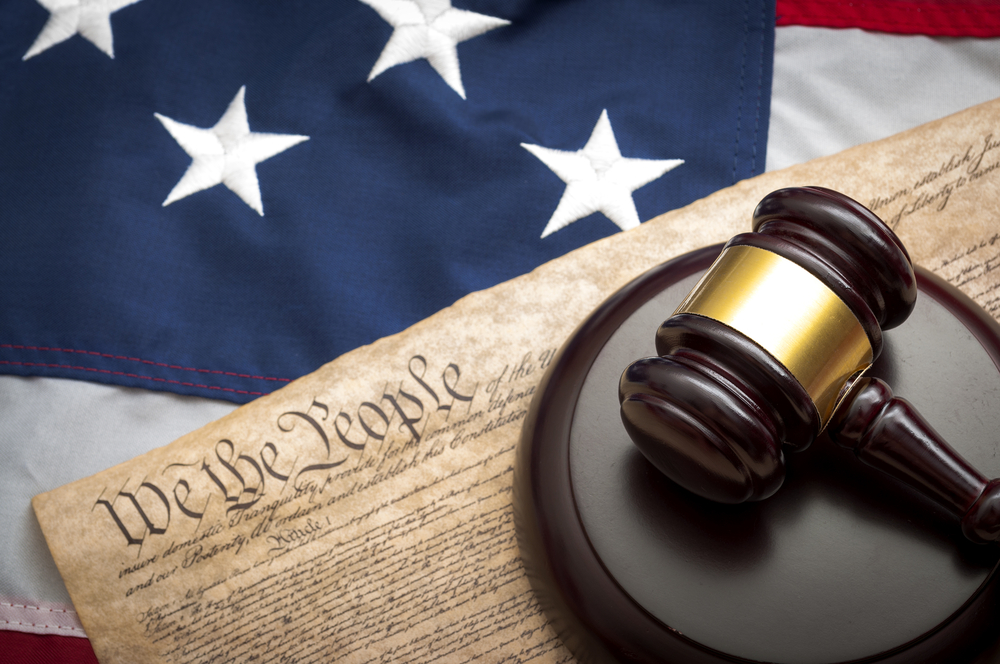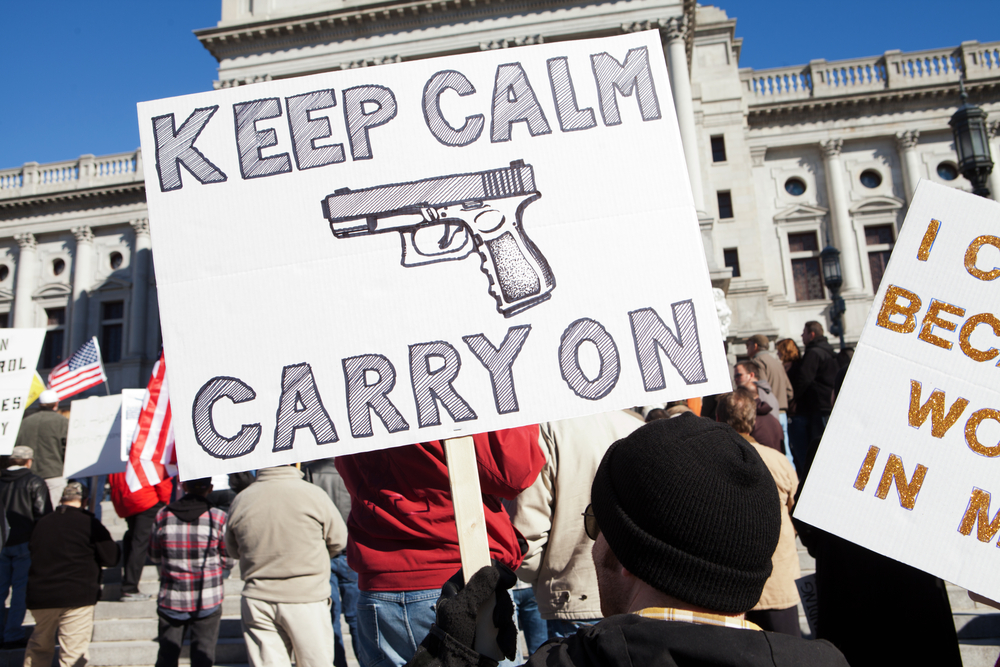Zoom conferencing is the next best thing to actually being there. Or, at least, that’s what many people have come to accept in the age of the coronavirus.
Like it or not, it’s a video conferencing world, now and into the foreseeable future. And not just for doing business. Governing, learning, worshiping, celebrating and even socializing have all gone virtual in some form or another.
In those days when we actually met face-to-face, we all knew the general rules. But, in this new digital communications world, there are some legal ins-and-outs that we might want to know to make sure our digital lives run as smoothly as possible.
RELATED: Florida courts turn to Zoom, quickly find the pitfalls
RELATED: Pandemic brings more drinking and more legal responsibility for hosts
Let’s start with the idea of recording video conferences. It can be illegal to press record without telling everybody on the video conference.

“It depends on the state,” said Tampa attorney Tatiana Melnik. She specializes in data privacy and information technology. She explained that under the law, recording video conferences is treated the same as a phone conversation. In most states, including New York and New Jersey, it is legal to record phone conversations as long as one party agrees to it. Eleven states (California, Connecticut, Florida, Illinois, Maryland, Massachusetts, Montana, New Hampshire, Pennsylvania and Washington) require the consent of every party on a call. That means everybody on a video conference must agree to being recorded. If you don’t get consent to record, you could be held liable civilly and even criminally. In some states it’s a felony to record someone without their knowledge.
“The best practice would be this,” Melnik explained. “There’s going to be a Zoom call. Somebody gets on and says this meeting will be recorded. Just by you staying on you are giving consent to that recording.”
Melnik said, generally, when it comes to all Zoom and other video conferencing interactions it is best to assume that the laws that apply to communications before the explosion of Zoom apply to Zoom, too.
“Part of it depends on the circumstances of the Zoom meeting,” explained Melnik. ”If you’re attending a public meeting on a Zoom call, it’s arguably just like a public meeting you would attend in person. So the rules that would apply in that circumstance would apply in a Zoom context, although I’m not aware of any laws or legal decisions that specifically say that.”
The same goes for work meetings on Zoom.
“The rules that govern your regular work behavior would apply to the circumstance of you being in a Zoom conference call,” Melnik said. “If you walk into a conference meeting would you be recording that meeting under those circumstances? Typically employers would not allow that but there may be circumstances where it’s perfectly acceptable to record a meeting.”
However, with so many people working from home, a Zoom conference meeting isn’t exactly like a meeting in the office conference room. For instance, there may be family members or roommates within earshot of the video conference conversation. You have to make sure the other people at home can’t hear the meeting.
“You do. Yes,” Melnik said. “What I counsel my clients on, particularly, is if their employee is using their own device, you have to specifically address those types of issues. At the end of the day it’s the employer who is responsible for that misuse.”
But what about all the Zoom socializing that has sprung up since the pandemic? Are there any legal risks and responsibilities in, say, throwing a Zoom cocktail party? If you record it for posterity, there may be some legal liability.
“Are these recordings being used in ways that you would not expect them to be used in this environment?” Melnik asked. “You’re going to a cocktail party. If you were there face-to-face you would be able to see if someone is recording you and could walk away. In a Zoom context, you can’t tell, potentially, depending on how Zoom is set up or, maybe, somebody is recording it on some other device and that recording is somehow misused. It’s true that there might not be a law that directly addresses that kind of use. But this particular use could certainly be egregious enough to be problematic.”
Melnik advises a common sense approach to all potential legal issues surrounding the use of Zoom and other video conferencing platforms.
“It depends on the context, right?” she said. “A lot of this is so context specific. As an attorney, what we would do is we would analogize it to the most real-life counterpart. Not that this isn’t real life, but the closest face-to-face counterpart. What are the laws surrounding those circumstances? Is there anything special about the fact that it’s a Zoom meeting or a Webex meeting or whatever is your choice of platform?”
Melnik said many businesses have not had a lot of issues with Zoom and other video conference platforms because it’s just not new technology to them.
“My clients have been using conference calls and conference tools for a long time. It’s just the level of use is significantly different,” she explained. “It’s more folks in the general public who are not used to using this type of technology or not used to using this particular type of technology for specific purposes like dating or cocktail parties for social gatherings which would have occurred face-to-face.”














